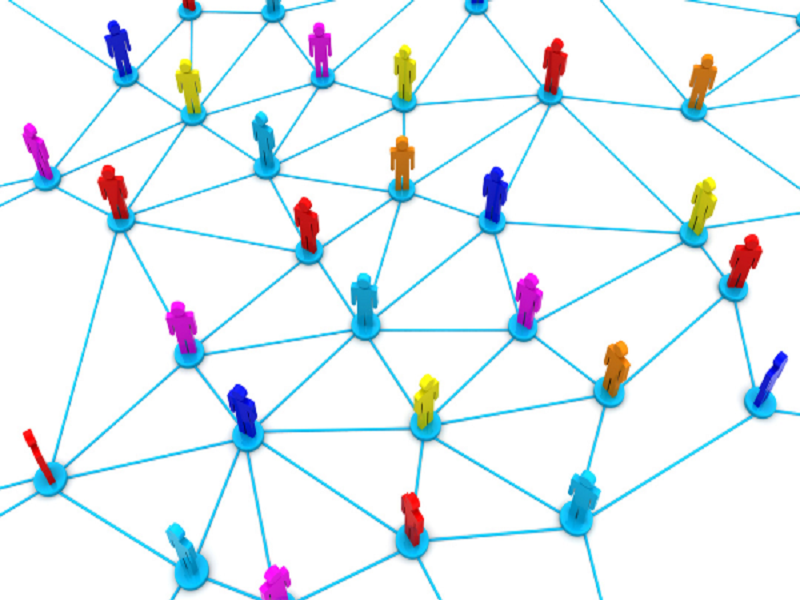We asked Colin Dutton, a qualified Youth Worker at MAP, a youth charity in Norfolk, what can we do to unleash young people’s social power?
Colin began a degree in Youth Work and Community Development ten years ago and has worked as a JNC Qualified Youth Worker in the education and voluntary sectors for the last seven. In this piece he draws on his studies, and his experience of working at MAP and networking with UK and USA activists and youth-led organisations, to suggest an approach to unleashing young people’s power to drive social change.
It has been a privilege to read about and experience firsthand young people’s social power, but also at times demoralising to study and witness their power being taken away. While, admittedly, I have been complicit in tightening the leash on young people’s social power, I have learned a little that might, I believe, help to unleash it.
Notice, listen and collaborate
The first step we can take to unleash young people’s social power is to look around and see where it is happening already. There are endless youth-led social movements or individual pieces of social change occurring on an ever faster, ever changing global scale. While many campaigns are completely under the radar, some have very quickly risen to ‘public sphere’ recognition.
Noticing what young people are doing and the issues they are tackling, why they are doing it and how, is important. Then it takes a lot of listening. Everyone likes to feel listened to and young people are no different. The more they are listened to, the more confident and then, subsequently, powerful they will feel and become. Whether that means a family member, a peer, a youth worker or an MP, having someone listen to how they are feeling, what their opinions are and how they want to get their voice heard is powerful.
Then it takes a follower. This could be an older ally or another young person who wants to collaborate. However, it is vital that the environment prevents the ally from controlling too much. There has to be a togetherness, a relationship that talks, creates and reflects. There is a balance between allyship or solidarity versus a patronising transactional offering, and this needs careful thought, transparency and trust. That ‘follower’ or ‘collaborator’ needs to always reflect, ask questions and adapt to each individual young activist or movement.
Provide solidarity and support (logistics, information or wellbeing)
Working with young activists requires being adaptable to their needs once a connection has been made. You can be someone’s coach, mentor, administrator, advisor, youth worker, educator, a follower on social media, all of those things or none, what matters is that your support can be relied on.
There is no ‘one size fits all’, we just need to build relationships strong enough to know what each person or movement needs. They may want a free, warm and safe meeting space, a workshop designed around their interests or something that provides a release. Some young activists want wellbeing support, others want campaign ideas. Some will want help opening the previously closed doors of institutions that choose to ignore young people. Many young activists just want to smile and laugh, to feel grounded in an ever changing and uncertain world.
Give a young activist support in an area they want it in and they will become even more powerful, and a force to be reckoned with.
Share responsibility, capacity and resources
It is important young people have a share of responsibility so that they can share the power. This may explain why young people continually form their own branches or groups within larger campaigns. The standard ageism that young people are not mature enough to hold such responsibility is a subconscious or direct act that weakens their social power.
Adults can find sharing power with young people difficult. To truly understand the potential of young people’s social power, you have to experience sharing a platform and delegating roles together. Many young people are operating individually or in small groups, volunteering their time on top of schoolwork, and still getting more done than some adults do in their paid roles.
Being directed by young people forces adults to take notice of this potential power but can feel truly uncomfortable.
Put aside your ego
Which brings me to my final and crucial point. Unleashing young people’s social power requires that we push our own egos to one side. Those that are unwilling, or unable, to do this will only get in their way. But when young people have the support of an ally willing to really listen, adapt and learn alongside them, their power to drive change at the highest level of society is unbound.
On that note, there are so many inspiring individual activists and youth movements (global, national and local) that have contributed to my own learning and practice. I would love to acknowledge them all! However, for those who would like to read more I would recommend the commitment to radical intergenerational collaboration proposed by Youth Infusion in the USA. In the UK, the work of The Advocacy Academy stands for their creative and powerful approach to Social Justice Youth Organising. Finally, the Young Activist Network is a brilliant youth-led initiative, with its roots in my own local community, that are seeking to connect and support young activists and youth-led social justice organisations in Norfolk and beyond.

